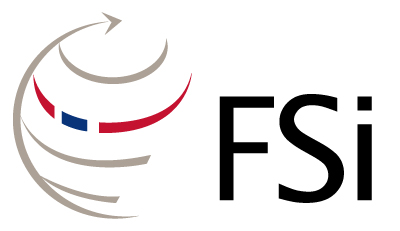CRM training has also recently been applied within the rail transportation industry to reduce the number of accidents attributed to human factors. Because of the many parallel functions to those in the aviation industry, it would seem that CRM would be readily accepted within the rail industry. Little action, however, was taken to do so until the recommendations of an NTSB accident report regarding a rail accident in Butler, IN, in 1998.
This report resulted in an NTSB recommendation that the Federal Railroad Administration (FRA), the Association of American Railroads (AAR), the American Short Line and Regional Railroad Association (ASLRRA), Norfolk Southern Railway (NS), and other railroads develop a Train CRM program. This recommendation was based largely upon the positive benefits that the NTSB had seen from CRM programs in other transportation industries.
In response, AAR and NS jointly developed a CRM training program that consisted mainly of video-based instruction that could be tailored and marketed to other AAR member railroads. Independent of this effort, the Southern Pacific Transportation Company (SP) had developed a rail CRM program based upon the one in use at US Air. Rail companies in Great Britain and other foreign rail companies have also explored the use of CRM as a means to prevent passenger rail disasters.
